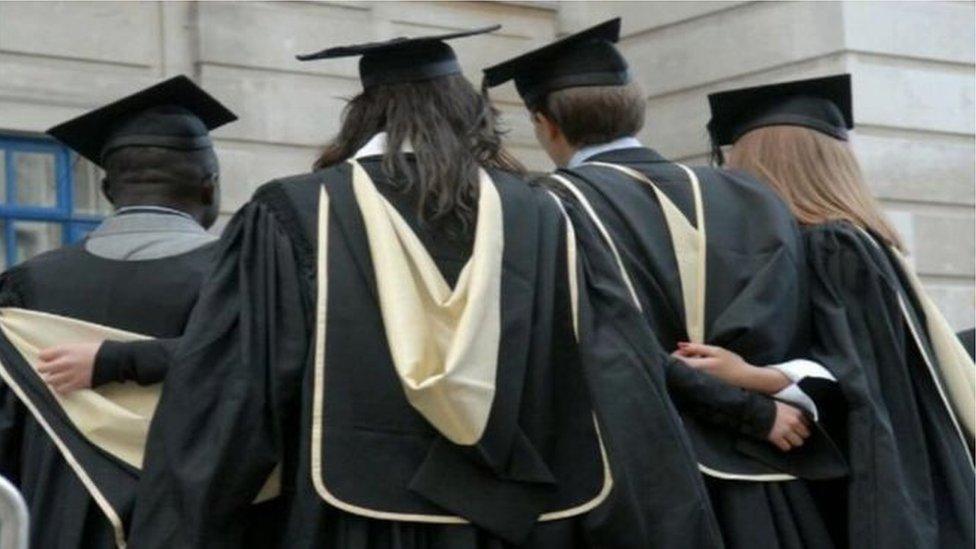Election ahead of crucial education decisions
- Published

From nursery to school, college or university and beyond - decisions made by politicians in Cardiff Bay can influence a lifetime of learning.
Since the beginning of devolution 17 years ago, education in Wales - perhaps more than any other policy area - has followed a different direction to other parts of the UK.
Ministers admit they took their "eye off the ball" in the early years and results suffered but GCSE and A-level results have improved in recent years.
For some, university is the next step and deciding who pays for expensive fees and living costs is likely to be the most contentious education issue in this election.
Looking at schools first. After lagging behind, the gap with England at GCSE narrowed in recent years but changes to the way figures are recorded make it increasingly difficult to compare.
In Pisa tests, Wales slipped in Maths, reading and science and was ranked the worst in the UK at the end of 2013.
There are concerns about funding and a warning from unions that schools face significant cuts.
There will be a new curriculum in the life of next assembly - with proposals set out last year.
Raising the skills and status of teachers is another key concern.

What the parties are saying so far on schools
Conservatives - want to transform teacher training and put more funds into the classroom
Labour - promises extra £100m to help achieve a bounce in standards
Lib Dems - have pledged to cut infant class sizes
Plaid Cymru - wants more cash for higher qualified teachers and promises "cradle to career" support for children
UKIP - wants a new grammar school system

Prof Gareth Rees of Cardiff University's School of Social Sciences said: "Devolution enables us to set our objectives for our education system.
"If you go to Scotland, they're not agonising over what happens with Pisa and how they compare with other parts of the UK and I think the sooner that Wales follows that sort of example the better."
Head of Maths at Ysgol Friars in Bangor, Chris Parry, wants politicians to take a step back.
"The Welsh Government is always looking to reach the next target to make sure pupils are confident in literacy and numeracy, which is obviously the way to go.
"But the way it's doing it through Estyn [the schools inspectorate] and inspections and forever putting us under pressure to hit our targets - it's a lot of work for teachers to do, as well as teaching at the same time."
Higher education and paying for it
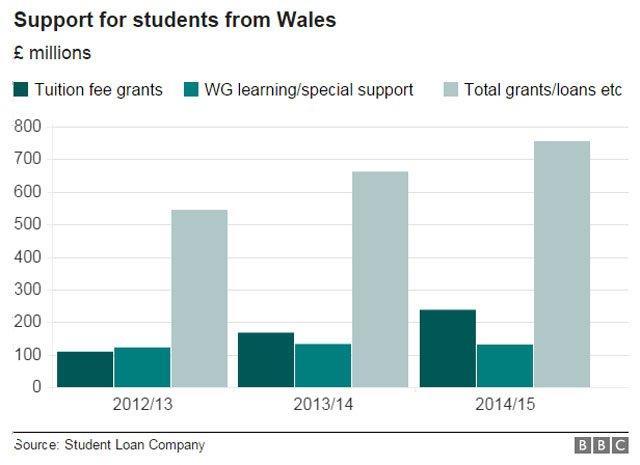
Students from Wales currently only pay £3,810 towards their tuition fees, wherever they study in the UK.
The rest, up to £5,190 a year, is paid for by the Welsh Government.
It is a policy which saddles Welsh students with less debt than their English counterparts but it is expensive - £238m in 2014/15.
Its future is under review and an interim report said most of the evidence indicated keeping the current student finance arrangements is "not an option".
Welsh universities say the current system means English universities are being subsidised at the expense of Welsh institutions and help should be focused on poorer students.
As a parent, teacher Chris Parry is also looking at the higher education system.
He said: "I've children in year seven and year nine and I'm now worried about what's going to happen when they get to university.
"I'd love them to go to university and get a good grounding in education for future learning and future life. The biggest problem of course is the money - we've got tuition fees, maintenance loans, students loans, I just wonder where we're going to go with that?"
Prof Rees said: "Lots of students who perhaps could afford to pay the full whack of fees are not having to.
"It also means students going to universities outside Wales in a sense take their subsidy with them. And certainly, universities in Wales argue that money could be better used in supporting universities in Wales."

What the parties are saying on student finance
Labour wants to keep grant but it has not said whether it would continue to be offered to all students
Plaid Cymru would scrap the tuition fee grant and reform the system so Welsh students who work in Wales after graduation will receive £6,000 a year, up to a maximum of £18,000
The Conservatives say immediate living costs are a greater deterrent for poorer students considering going to university and have promised a 50% rebate on rent costs
The Liberal Democrats would also ditch the tuition fee grant in favour of a Student Living Support Grant providing help with living costs
UKIP would cut fees for science, technology, engineering, maths and medicine

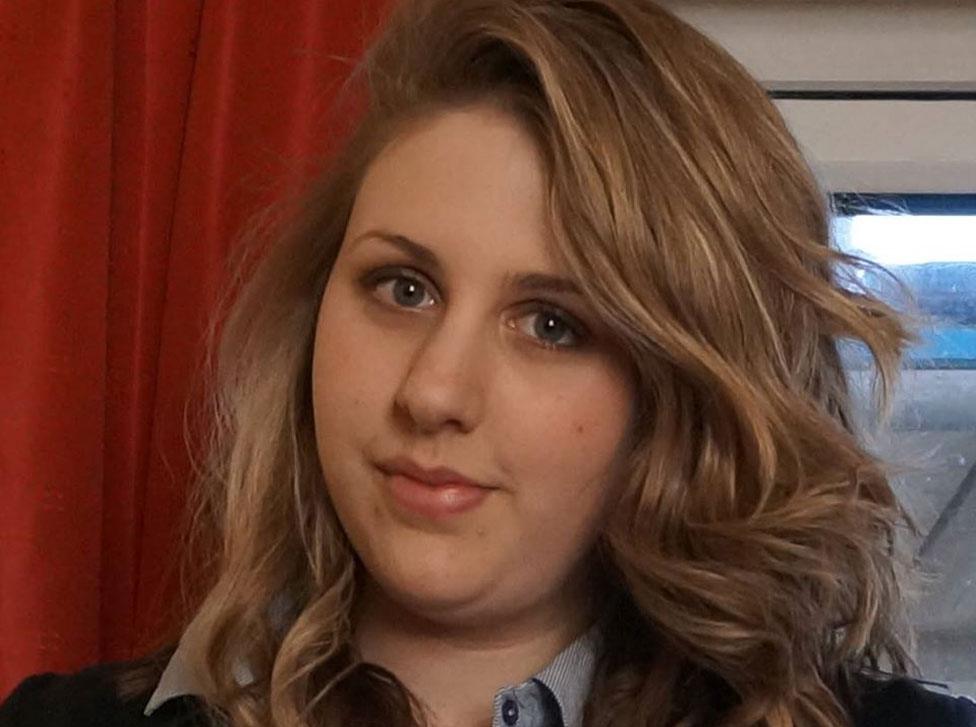
The undecided student voter
Alexandra Atkins, 19, is part of the BBC's Generation 2016 project, which aims to reflect the voices of younger voters in the run up to the election.
Alexandra is currently studying to be a youth worker and graduates this year from University of Wales Trinity St David in Swansea. She is undecided on who to vote for but said student finance had been important to her in the past few years.
"Knowing I didn't have to pay the fees until afterwards has been very beneficial," she said.
"As long as I budgeted and ensured finances were in order, everything was fine. Without the grants from Welsh Government I would have been less likely to go to university.
"There are other issues more important to me now than education as it's personal to me.
"Within education, they need to ensure there's partnership with outside organisations like young services and the voluntary sector so young people are supported not just in education formats but more non formal ways.
"Education isn't for everyone. I didn't get on with education much myself but through youth work it made me want to get into further education."

Lifelong learning
Beyond compulsory education to 16, part-time and adult learning has borne the brunt of budget cuts in recent years.
Welsh Government figures show there are a third fewer people studying in colleges, the community or workplaces than a decade ago.
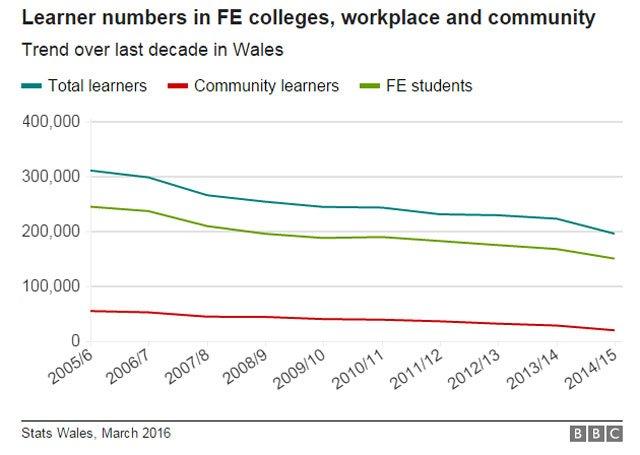
Welsh colleges say they have a steady budget this year and there are promises to boost the number of apprenticeships.
Funding for further education may not be top of the agenda in this election but with calls for further investment from all parts of the education system, the priority given to "lifelong learning" is an issue which the parties will have to address.
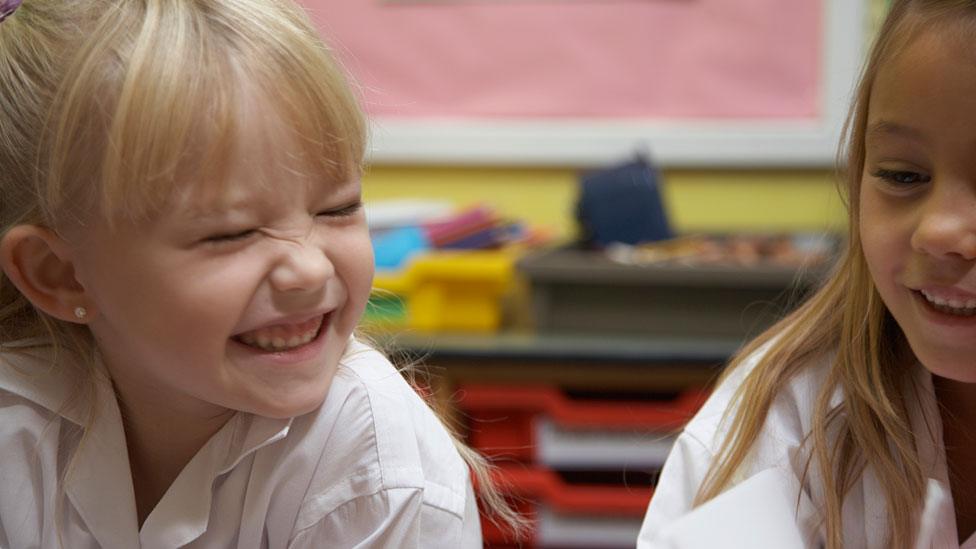
'New government needs to be brave'
Yvonne Naylor has been head of Ysgol Ardwyn primary school in Welshpool, Powys, for the last five years and a head teacher for 20 years.
"Teachers want to rebuild their professional pride," she said.
"Day to day, they have to face budget cuts, negative school publicity, changing requirements, comparisons between schools which are not like for like.
"What they want is to be a part of a system that celebrates successful classroom practice and the achievements of all the children. They want a period of stability of the education system, to develop their own skills and their subject knowledge and support each other in a professional community."
She said there were recruitment issues, especially in the Welsh language and low morale among staff.
"I feel the new government needs to be brave - it mustn't use education as a pawn to win votes but be committed to providing a system that's world leading.
"I've been privileged to be part of a system that has worked - we've been valued and motivated as teachers - and we want to come back to that, back to the basic, we could have it again."
Debates about the NHS in Wales have dominated the assembly politics over the past term and education may have temporarily slipped down the agenda.
But the election result will decide who will be making crucial decisions about student funding and steering fundamental changes to the way Welsh children are taught.
- Published14 March 2016
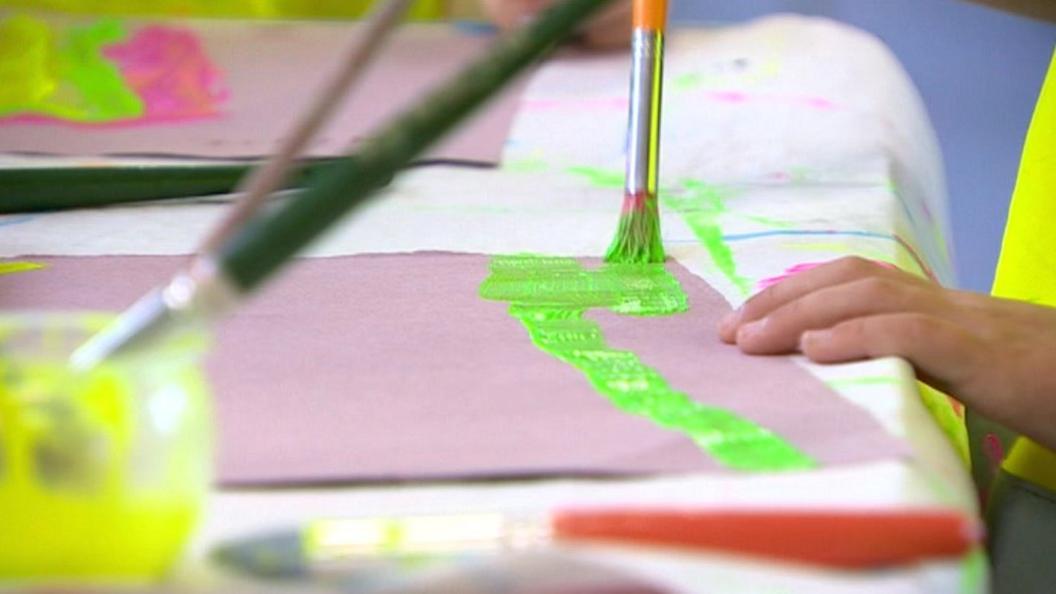
- Published26 January 2016
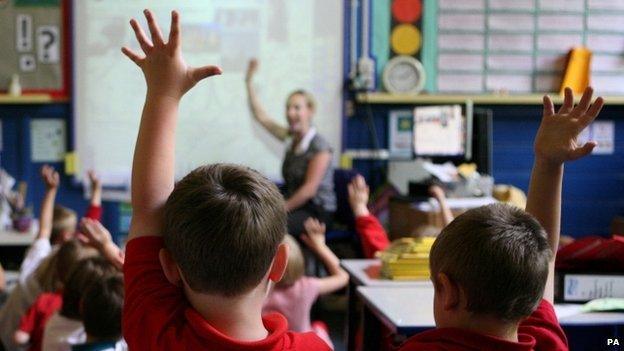
- Published25 February 2015
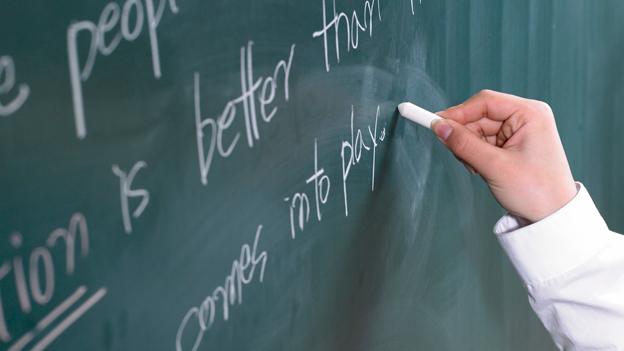
- Published3 February 2012
- Published18 December 2015
